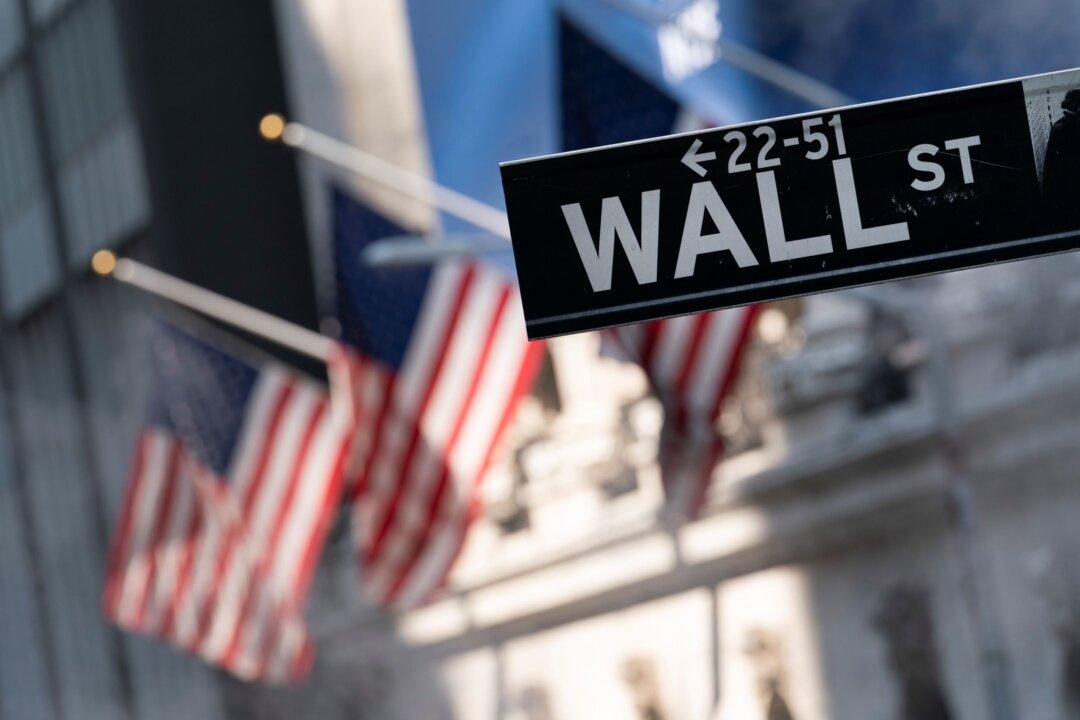Commentary
If you happen to be a businessperson, and you happen to be an American citizen, and you find yourself close to investing in China, you might want to think again.

If you happen to be a businessperson, and you happen to be an American citizen, and you find yourself close to investing in China, you might want to think again.